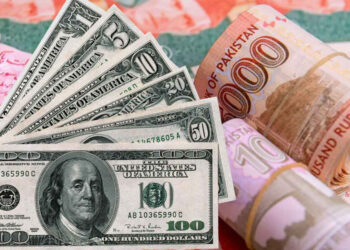Milk prices in Pakistan have risen by over 20% due to a new tax, making them higher in Karachi than in cities such as Paris, Melbourne, and Amsterdam.
Bloomberg data reveals that ultra-high temperature (UHT) milk now costs 370 rupees ($1.33) per liter in Karachi supermarkets. By comparison, it costs $1.23 in Paris, $1.08 in Melbourne, and $1.29 in Amsterdam.
The government imposed an 18% tax on milk, previously tax-free, causing this price hike. The new tax policy, part of the recent national budget, has substantially increased milk prices.
Muhammad Nasir, a spokesperson for the local branch of the Dutch dairy company Royal FrieslandCampina NV, stated that milk prices in Pakistan used to match those in developing nations like Vietnam and Nigeria before the tax. The new tax has led to a retail price increase of up to 25%.
The escalating milk prices are anticipated to intensify inflation in Pakistan, where wage growth has stagnated and purchasing power is declining. The recent budget, which included a historic 40% tax increase, aims to fulfill the conditions set by the International Monetary Fund for a new bailout package.
The increase in milk prices is a significant blow to consumers, particularly those already struggling with high living costs. The additional 18% tax on milk, part of the government’s strategy to boost revenue, has disproportionately impacted a basic necessity, leading to widespread concern about its effects on household budgets and nutrition.
Experts predict that the higher milk prices will contribute to a broader inflationary trend, affecting other food and non-food items as transportation and production costs rise. This situation puts further strain on the average Pakistani consumer, who is grappling with stagnant wages and eroding purchasing power.
The government’s decision to implement such a steep tax increase, driven by the need to secure a bailout package from the International Monetary Fund, highlights the country’s fiscal challenges. However, it also raises questions about the balance between revenue generation and protecting the welfare of ordinary citizens.































